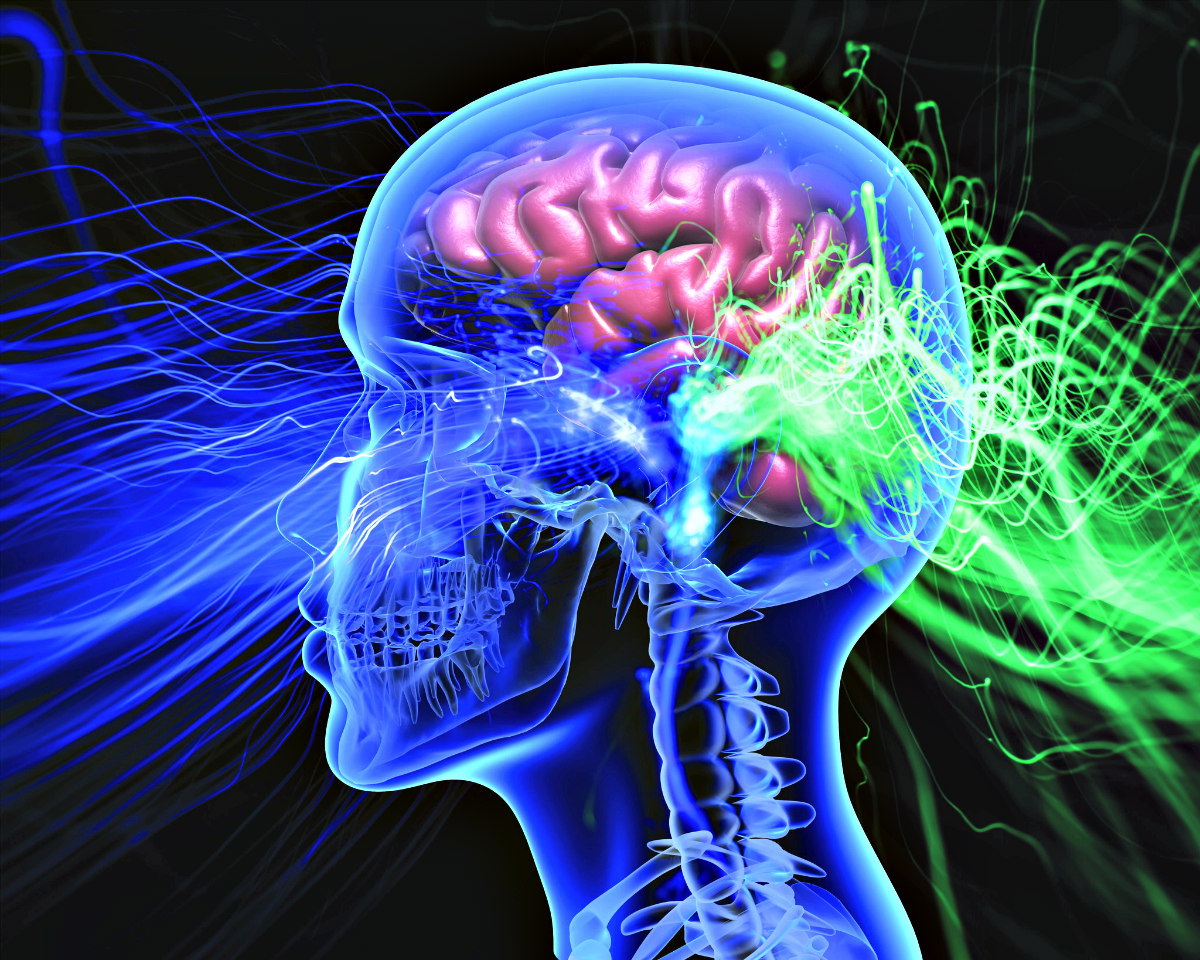Use Neuroplasticity to Shape Your Brains to Promote Mental Health and Well-Being

Neuroplasticity: The ability of the brain to continuously change over the course of one’s lifetime. Neuroplasticity, also known as neural plasticity or brain plasticity, is the ability of neural networks in the brain to change through growth and reorganization. It is when the brain is rewired to function in some way that differs from how it previously functioned. These changes range from individual neuron pathways making new connections to systematic adjustments like cortical remapping. (https://en.wikipedia.org/wiki/Neuroplasticity, 2023)
Neuroplasticity is a fundamental function of the brain. It means that the brain can change. We see neuroplasticity happening with someone who has a brain injury and then recovers. With the continued study of neuroplasticity, we have advanced our understanding of the brain’s ability to change in response to experiences and environmental situations. We know that neuroplasticity occurs throughout the lifespan and is influenced by behavior, environment, and genetics.
Negative experiences can lead to adverse changes in the brain. Negative experiences might include repeated chronic stress, trauma, or social isolation exposure. These experiences can change the brain’s structure and function. For instance, changes can have
-a reduction in the number of synapses between neurons.
-decreased connectivity in some areas of the brain.
-changes in the balance of neurotransmitters.
Repeatedly engaging in negative patterns of thinking and behavior (such as rumination, worry, or fear) can lead to the formation of neural pathways that become more efficient and easier to activate over time. For example, chronic stress (or PTSD) can impact us as our brains become alert and reactive to anything that might be perceived as a threat. When we go into a stress reaction, our amygdala is activated. The amygdala activation brings up our fight/flight/freeze response. When this area of the brain is overactive, it can trigger panic or anxiety. Our prefrontal cortex shuts down, so our planning, problem-solving brain isn’t functioning. The more we have a stress reaction, the stronger this pathway becomes, which can impair our decision-making. An overactive amygdala does not use the prefrontal cortex to make decisions, leading to a more impulsive or emotionally driven decision-making process.
Just like negative experiences can change the brain, so can positive experiences change the brain in ways that support mental health. For instance, engaging in activities that promote positive emotions, such as exercise or mindfulness meditation, can lead to changes that support emotional regulation and resilience. Research has shown that positive thinking and mindfulness practices can also lead to brain structure and function changes. Studies have found that regular meditation can increase gray matter volume in the brain regions associated with emotional regulation, attention, and memory.
Ten minutes of implementing mindfulness will impact the brain. Likewise, focusing on positive thoughts and emotions can increase activity in the brain regions associated with reward and well-being. These same actions can also have functional benefits such as improving attention, reducing stress and anxiety, and enhancing overall well-being. Positive thinking can increase activity in the prefrontal cortex, which is responsible for decision-making, problem-solving, and emotional regulation.
By intentionally focusing on wholesome thoughts and directing our intentions, we can shape our brains to promote positive mental health and well-being. Concentrating on positive aspects of our lives help divert us from worry and ruminations, reducing our stress levels. It enhances our mood because positive thoughts can boost our mood and promote happiness and well-being. We may find ourselves having feelings of joy, gratitude, and contentment. All of this improves resiliency. Positive thoughts can help us to cope with adversity and bounce back from difficult times. And it can enhance our relationships because we find ourselves having empathy, compassion, and understanding.
Focusing on positive thoughts can have a powerful impact on our mental health and well-being. By intentionally cultivating positivity in our lives, we can promote happiness, reduce stress and anxiety, and enhance our overall resilience. The process isn’t a one-time task. The more we do it, the more our brain structure changes. It is a task that we would do over and over again. Just like times when we live in chronic stress and negatively change our brains, we need to focus on finding the positive in the moment. Reroute the pathways until they become more robust and take over. This commitment and focus can structurally beneficially change the brain, which significantly impacts our lives. It sounds simple but needs a real commitment toward seeing the glass as half-full versus half-empty.
Works Cited
https://www.researchgate.net/publication/8408816_What_Do_You_Do_When_Things_Go_Right_The_Intrapersonal_and_Interpersonal_Benefits_of_Sharing_Positive_Events. Retrieved from ResearchGate: researchgat.net
https://en.wikipedia.org/wiki/neuroplasticity. (2023, March 23). Retrieved from Wikipedia, The free encyclopedia: https://en.wikipedia.org/wiki/
White, Z. (2020, January 20). https://www.psychologytoday.com/us/blog/when-care-meets-love/202001/the-challenges-and-benefits-sharing-good-news. Retrieved from Psychology Today: psychologytoday.com
Tags: directing our intentions to promote positive mental health and well-being, focusing on positive thoughts can change our brain, Intentionally focusing on wholesome thoughtsABOUT THE AUTHOR

Janie Pfeifer Watson
Licensed Independent Clinical Social Worker
Licensed Independent Mental Health Practitioner- Janie Pfeifer Watson, LICSW, is the founder and director of Wholeness Healing Center, a mental health practice in Grand Island, Nebraska with remote sites in Broken Bow and Kearney. Her expertise encompasses a broad range of areas, including depression, anxiety, attachment and bonding, coaching, couples work, mindfulness, trauma, and grief. She views therapy as an opportunity to learn more about yourself as you step more into being your authentic self. From her perspective this is part of the spiritual journey; on this journey, she serves as a mirror for her clients as they get to know themselves—and, ultimately, to love themselves.
LATEST ARTICLES BY Janie Pfeifer Watson
- Letting Life Unfold – Embracing the Musical Nature of Existence
- Silence Good for the Brain and for your Mental Health
- Mastering Resilience: How to Manage your Response to Challenging Situations
- Celebrating 25 Years of Business A Journey Marked by Resilience, Growth, and the Power of Community
- COVID-19 – Heightened Mental Health Awareness and Employer Appreciation
Subscribe today
Sign up to receive the latest mental health tips and inspiration